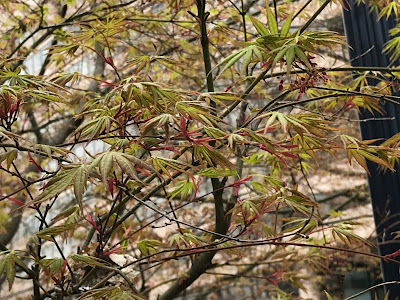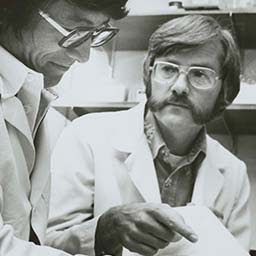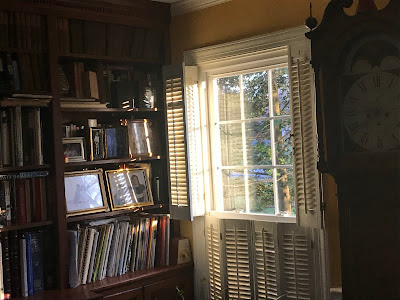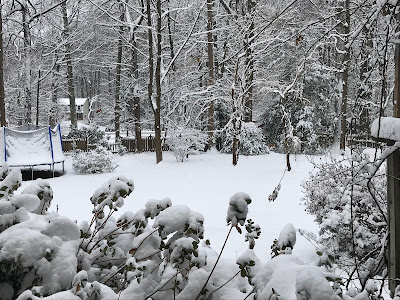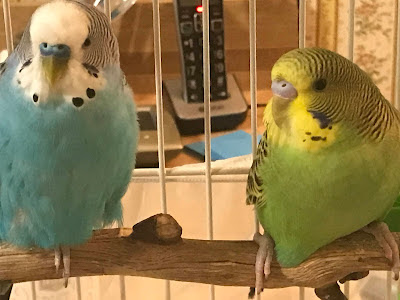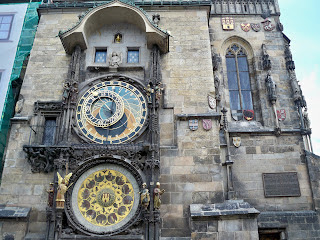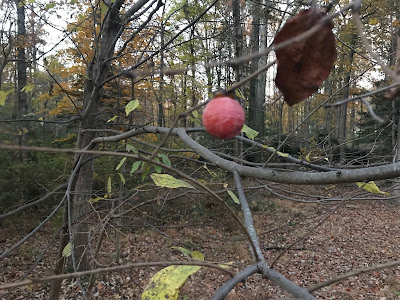Because our new bird, Toby, is a hungry critter and eats more than his cage-mate, Alfie, he also makes more of a mess. Seeds pile up in the bottom of the cage, other stuff, too. I find myself cleaning the bird cage far more frequently than I used to. Which means I’m thinking about the transitoriness of journalism.
The opening of the late, great television show “Lou Grant,” starring the late, great Ed Asner, begins with a bird chirping in a tree, the tree being felled to make paper, presses rolling as the newspaper is printed, then back to a chirping bird again as the day-old newspaper is used to line the bottom of a cage.
Back when I only dreamed of being a journalist, I used to watch this show. I ended up writing for magazines instead of newspapers, but the dream remained, and largely was fulfilled. Watching this show again reminds me of how it felt at the beginning, the irony and the gallows humor and even the nobility of it all. But always among these feelings was an awareness of how fleeting it all was,. No matter how precious the words and how important the topic, the next day, they would be covered with husks and feathers.
Now more than eight out of ten of Americans obtain their news from digital devices. The daily news cycle has given way to the hourly one. Newspapers may be dying … but the transitoriness remains. Sic transit gloria mundi. Thus passes the glory of the world.
